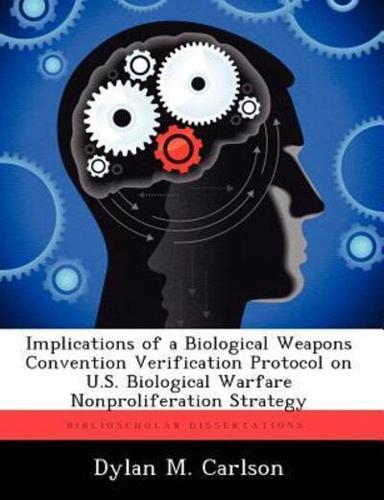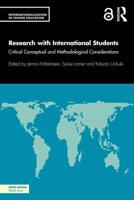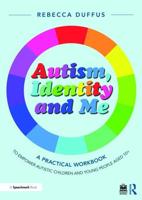Publisher's Synopsis
The threat of biological attack is one of the gravest that faces the U.S. Throughout history epidemics have killed millions and caused massive social upheaval. Science has made great strides in combating disease, however, these advances have allowed proliferating states to develop arsenals of genetically engineered pathogens.
For over a quarter-century, the U.S. has been a world leader in combating the proliferation of deadly biological agents. The U.S. was one of the original signatory states of the 1972 Biological and Toxin Weapons Convention. The current nonproliferation strategy calls for strengthening the treaty yet the U.S. unilaterally opposed a verification protocol that promised to increase accountability of treaty compliance in 2001.
The U.S. became the target of considerable international criticism for this action. However, while the verification protocol promised to strengthen the treaty, it did not offer any guarantees. The unique characteristics of biological warfare research and production pose considerable challenges to any verification protocol. The potential economic, security, and intellectual costs to the U.S. of this program would likely offset any advantages. The U.S. must find a compromise in order to avoid international isolation and prevent diplomatic nonproliferation efforts from being completely eclipsed by more aggressive programs.











